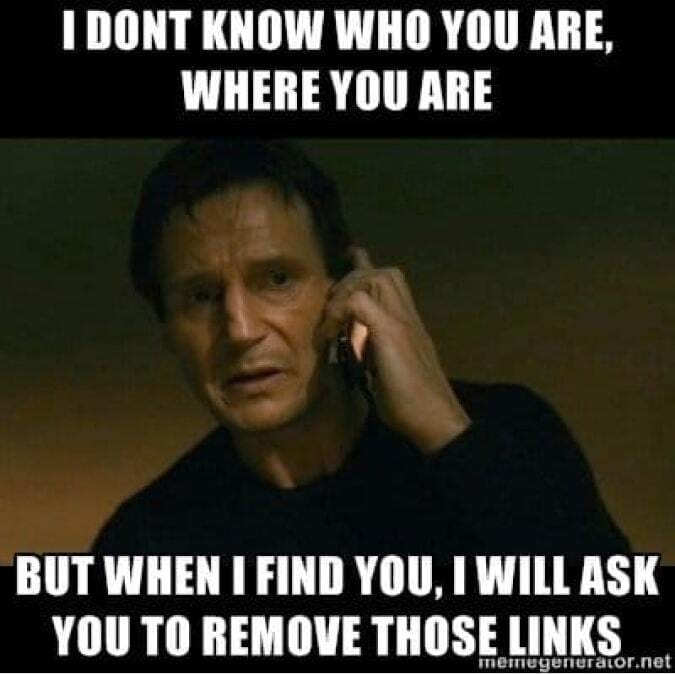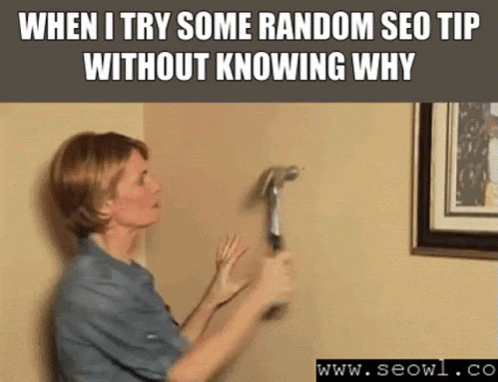- Marketing Mondays by 12 Creative
- Posts
- 5 TIPS TO OPTIMIZE YOUR SITE FOR SEO 💻
5 TIPS TO OPTIMIZE YOUR SITE FOR SEO 💻
Our tips for higher rankings and more traffic 🔍
Knowing that SEO is important for your website efforts is one thing…
Building an effective plan to do so is another. 📝
In this week’s edition of Marketing Monday’s, we wanted to share with you a few of the strategic ways that we optimize our client’s websites for search. 🔍

1. PROPERLY USE KEYWORDS 💬

When optimizing your web pages for search engines, strategically placing keywords is KEY! 🔑
Start by including your keyword in your title tag — the first thing readers see in search results. 👀
Next, incorporate the keyword into your URL to provide context. Within your content, aim to mention the keyword within the first 💯 words. Some experts even recommend using it in the opening sentence.
However, avoid overusing it. A good rule of thumb is five to seven times per thousand words. This balanced approach ensures that your content remains reader-friendly while maximizing SEO impact. ✅
2. AVOID POGO-STICKING WITH RELEVANT CONTENT 💡

Pogo-sticking occurs when users quickly leave your site after arriving. 🚶♂️
Search engines favour sites that retain visitors for longer periods. Beyond mere clicks, the goal is to engage users.
When visitors pogo-stick (bounce back) from your site, it signals they didn’t find the desired answer. To prevent this, create content that aligns with relevant keywords. 🤝
Be direct, ensuring readers recognize your content’s value. Use techniques like bullet lists and headers to enhance readability. 📖
3. USE LONG-TAIL KEYWORDS TO INCREASE RANKING 🏆

Long-tail keywords extend the base keyword by adding specific tail words or phrases. These detailed keywords provide precise context for what users are searching. 👨💻
To identify long-tail variations, simply input the main keyword into a search query and observe the related suggestions that appear in the drop-down list 📃
When crafting content, integrate long-tail keywords for improved search performance. By addressing these specific queries, you’ll provide the information readers are looking for. 🎯
4. ELIMINATE ZOMBIE PAGES 🧟🚫

Non-performing pages are often referred to as zombie pages, which basically means that they exist but get no traffic –A.K.A they don’t help your site ranking because they are deemed to not have useful content on them. 🙅
Our advice? Get rid of the zombies. 👋
By doing so, your site gets re-indexed, signalling relevance and will help the search engine see that all of your content is relevant and helpful. 📈
There’s great tools you can use such as Semrush to see what pages are getting traffic and which ones aren’t.
5. DO AN INDUSTRY STUDY TO GET BACKLINKS 🔬

A backlink is a link from an external website that endorses your content. It indicates that the website either used you as a reference or considers your site a valuable resource for further reading. BUT, obtaining backlinks can be a bit of a challenge. 💪
To address this, conducting an industry study can really help. By doing so, you establish yourself as an industry expert. The data and statistics you gather from the study can serve as a reference for others in the field, leading to backlinks from their websites. 📊
While this process may require time and investment, the long-term payoff of becoming an industry leader makes it worthwhile. 🚀